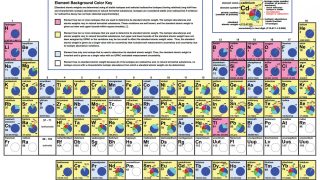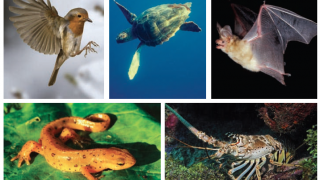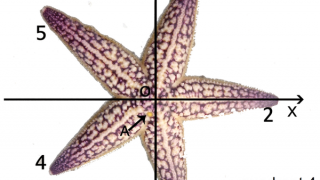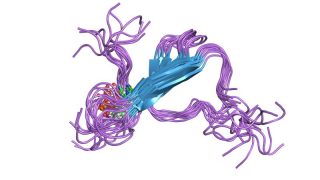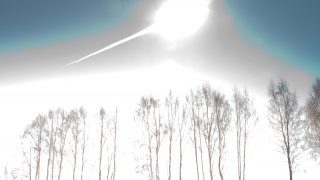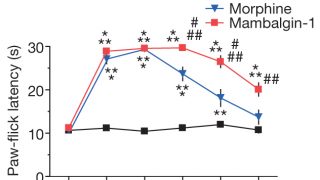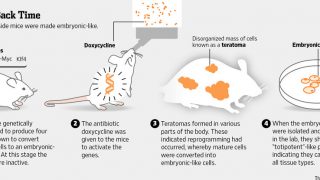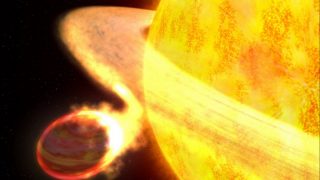
Lithium, planets and solar twins
We needed a Big Bang to create lithium, now it seems that it is much easier to destroy. This light element is the center piece of one of the most intriguing astronomical controversies. Can we use the lithium to look for planet-hosting stars? Why is it depleted in older stars? Anyway, Lithium seems to be […]

